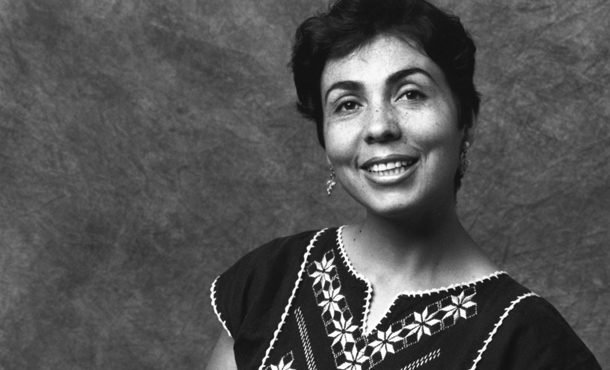Lina Maria Obando (Marquez), MA ’00
San Jose, Costa Rica
 “John Paul Lederach’s elicitive approach to learning has stayed with me through the years,” says Lina Maria Obando, who is Habitat for Humanity’s organizational learning manager for Latin America and the Caribbean.
“John Paul Lederach’s elicitive approach to learning has stayed with me through the years,” says Lina Maria Obando, who is Habitat for Humanity’s organizational learning manager for Latin America and the Caribbean.
The “elicitive approach” refers to a participatory educational process often used at CJP. It deviates from the traditional teacher-student role, whereby the teacher is viewed as the expert, filled with knowledge to be poured into the empty-vessel student. In an elicitive classroom, the teacher positions herself or himself as a facilitator, enabling everyone to tap into each other’s experiences and knowledge. The students are active in shaping the lessons.
Lina says she is “elicitive” in the way she works with others, builds networks, determines needs, helps people to identify the resources they have, and conducts trainings.
She also has never forgotten Howard Zehr’s way of modeling what he taught about respecting people. “You can ask questions in a way that empowers people, as Howard does, or that dis-empowers them. I try to give people the opportunity to have a voice.”
In October 2010, Lina coordinated a large Habitat for Humanity conference involving about 60 people from 14 Latin American countries, including the president of each national unit of Habitat.
Lina has been able to work at her highly responsible job, involving much travel, because she and her husband Ruben have agreed to share child rearing. Sometimes Lina works from home, and other times Ruben does. “We didn’t want to sacrifice our [two] children to our jobs,” says Lina. “It hasn’t been easy though. We had to review our traditional gender roles.
“We had to explore the ‘new masculinity’ as a family: What does it mean to be a man? What does it mean to be a woman too? We didn’t get healthy help from the church. We had to find a special counselor who had lots of experience working in ‘new masculinity.’”
Lina wonders why the peacebuilding field doesn’t pay more attention to the “important topic of masculinity and peacebuilding” and to “restorative relationships” within the family.
